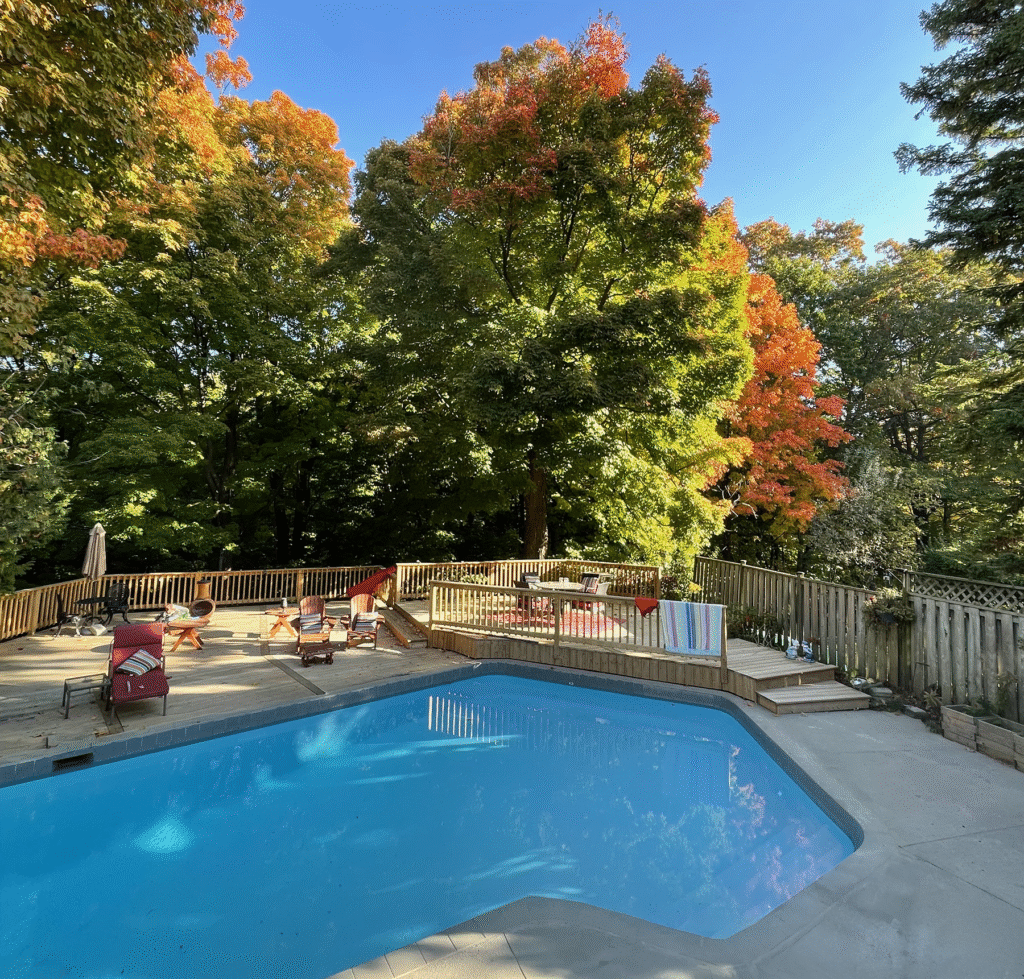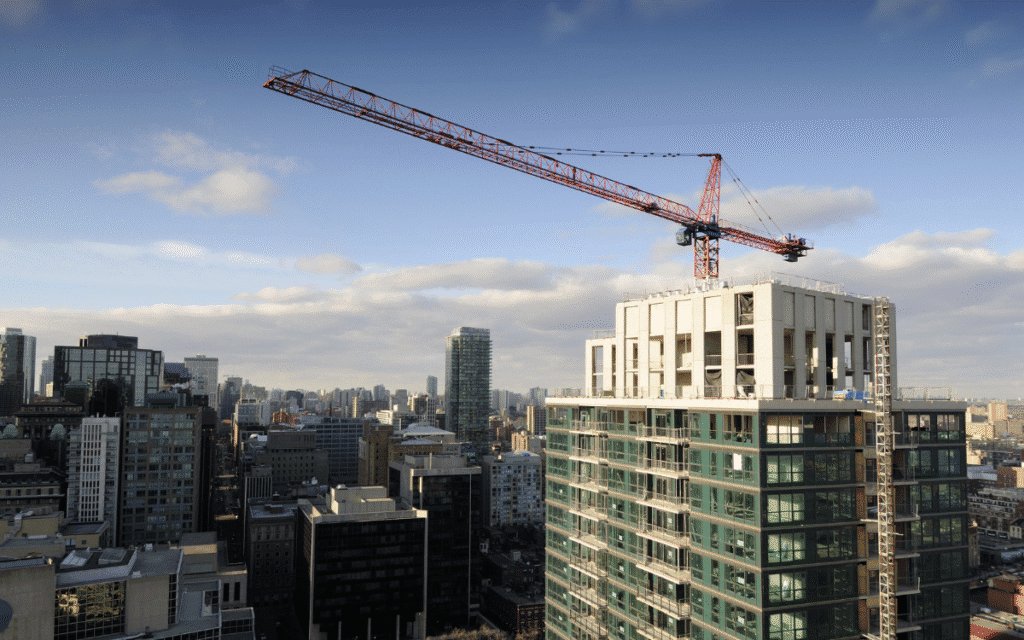Update: The deadline to declare has been moved to the end of February. Remember; everyone must declare regardless of the occupancy status.
In an attempt to curb skyrocketing housing prices, the City of Toronto implemented a bylaw that enforces a Vacant Home Tax. If you have an investment property in the city, you might be wondering if you’ll have to pay this tax. Find out more about how it will work.
What is the Vacant Home Tax?
To discourage people from buying properties and leaving them unoccupied, the City of Toronto introduced this annual tax that will first be payable in 2023. A property is considered ‘vacant’ if it has been unoccupied for six months or longer during the previous taxable year and is not the owner’s principal residence.
How much is the tax, and what do I need to do?
The Vacant Home Tax is 1% of the Current Value Assessment (CVA) of your residence in Toronto.
All Toronto residents will need to declare the status of their property annually. According to the City of Toronto, the portal to do so will open in mid-December 2022. To declare the status of your home, you’ll need your 21-digit assessment roll number and customer number from your tax bill or property tax account statement. Note that the deadline to declare is the end of February.
Will the Vacant Home Tax affect my investment property?
First of all, your investment property needs to be located in Toronto for the tax to apply. If it is in Toronto and you want to avoid the tax, you’ll want to make sure it’s occupied for at least six months of the year as a principal residence. Here are some common scenarios:
- Occupied by a tenant: You won’t be subject to the tax, as long as your property is occupied by a tenant(s) for six months or more during the year, and there is a written tenancy agreement.
- Occupied as principal residence of homeowner: You won’t be subject to the tax if you live in the Toronto property for at least six months during the year, as long as it’s your principal residence (you can only have one).
- Occupied as principal residence of a permitted occupant: You won’t be subject to the tax if you permit someone to occupy your property as their principal residence for six or more months throughout the year. This could include a family member or friend.
Are there exemptions to the tax?
Yes, there are some exemptions that will require proof. These include renovations and repairs to the property, the death of a registered owner, if the principal resident is in care (such as in the hospital or a long-term care facility), transfer of legal ownership, and by court order.



